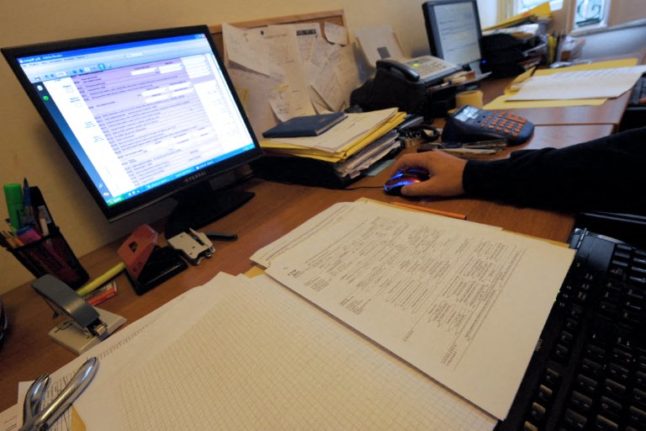More than 5 million foreigners live in Italy, as of January 1st 2016, making up 8.3 percent of the total population.
Between them, they fund the pensions of 640,000 Italians, according to a new report. This is particularly impressive since only 100,000 foreigners draw pensions themselves in Italy.
The report 'The economic impact of immigration' by the Leone Moressa Foundation, was presented to the Interior Ministry on Tuesday. Published annually, it measures the tax and social security contributions of migrants living in Italy, as well as their cost to the state.
In 2015, the new arrivals brought in over €7 billion in personal income tax and €11 billion in social security contributions.
In total, they contributed €126 billion to the national GDP, or 8.8 percent of the total, making them almost as valuable to the Italian economy as car manufacturer Fiat, which generates €136 billion each year.
The figure was up from last year, when the study calculated that immigrants brought in €123 billion.
As for their cost to the state, just 1.75 percent of public spending goes towards migrants; €15 billion in total. For comparison, Italy pays €70 billion in interest on debt each year, and spends €260 billion on pensions.
“Migration continues to bring benefits to the Italian system,” the foundation noted, singling out pension contributions as “one of the main benefits”.
Young migrants are an asset to ageing Italy
Most of the newcomers are young; 78.1 percent are of working age, compared to 63.2 percent of the Italian population as a whole.
And while Italy counts more than 16 million pensioners, only 100,000 of these are foreigners.
Italy also has the lowest birthrate in the EU, compounding the problem of an ageing population, and qualified youngsters are leaving the country in their droves. A study published last week warned of a “brain drain”, noting that Italians aged 18-34 made up over a third of emigrants in 2015.
READ ALSO: Why Italy is facing a 'birth rate apocalypse'
Young, working migrants therefore provide a much needed boost to the Italian economy.
However, it wasn't all good news. The study also noted that two thirds of employed immigrants were working in low-skilled jobs, compared to around a third of Italian-born workers. Furthermore, households with at least one immigrant were much more likely to be living below the poverty line than native Italians.



 Please whitelist us to continue reading.
Please whitelist us to continue reading.